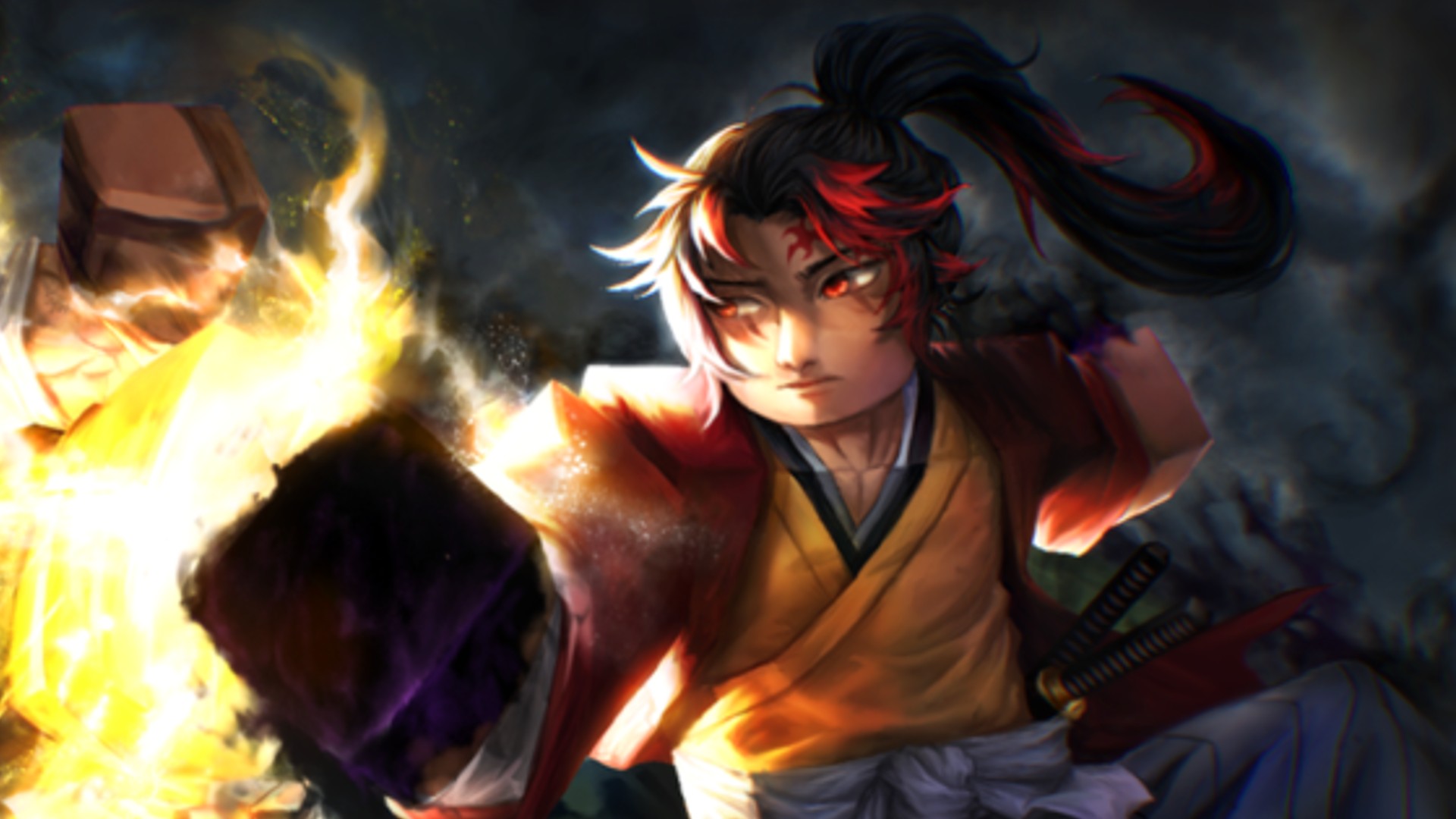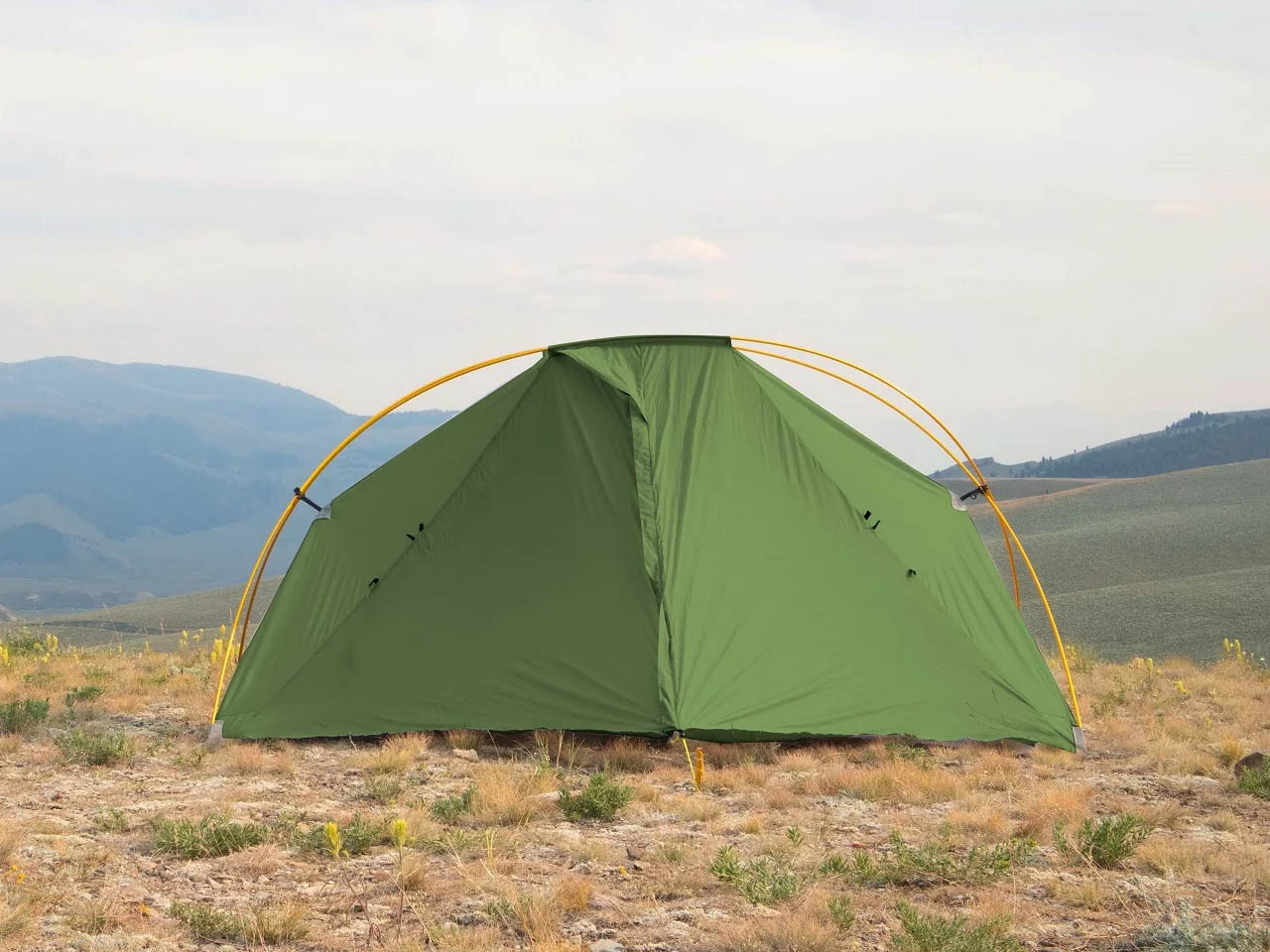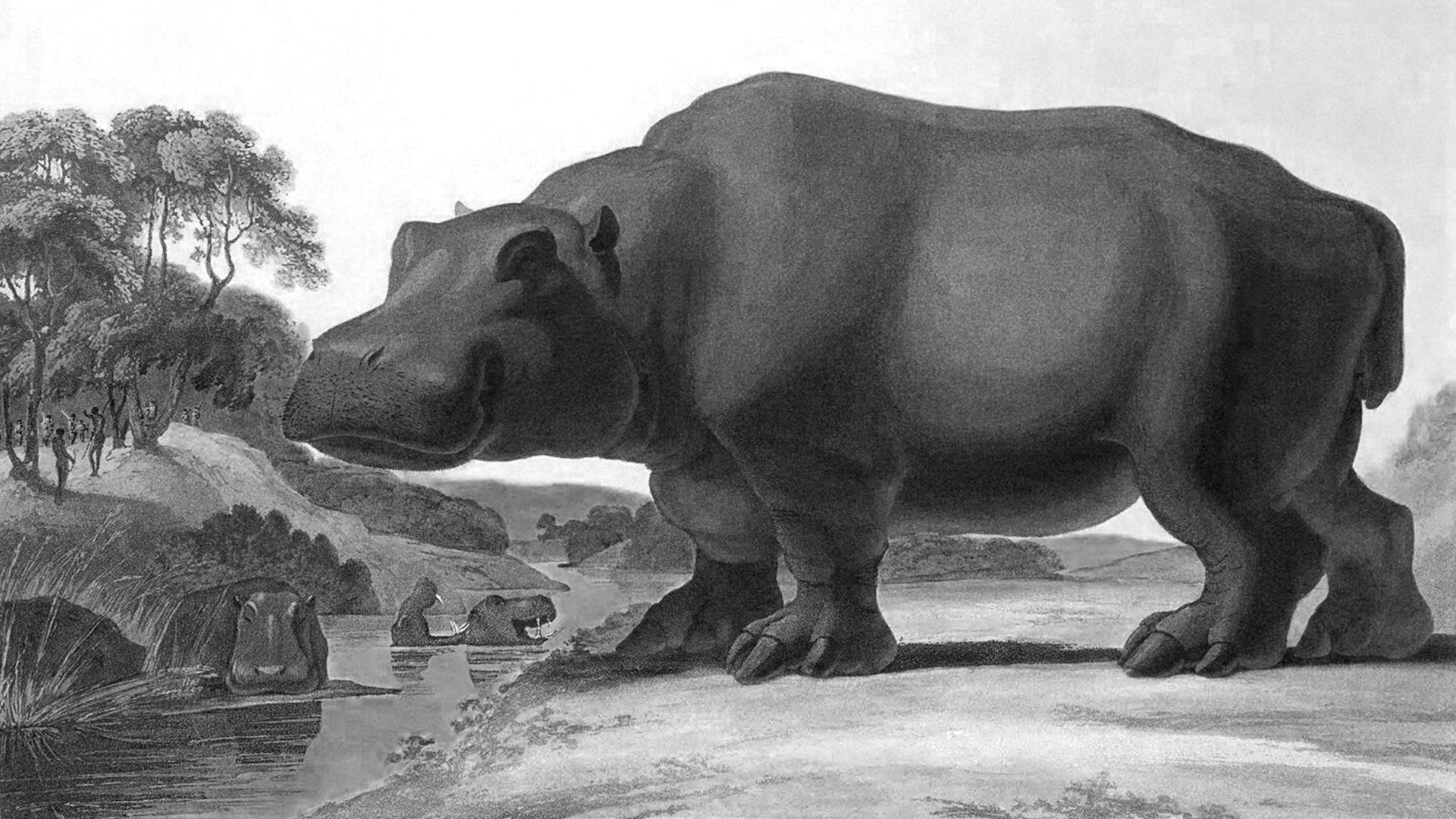TikTok in Limbo: What Happens to Creators – and Can Trump Save Them?
If Trump signs an executive order overturning the TikTok ban, it would give the app “more leeway” to find a buyer as it works its way through the courts, one legal expert tells TheWrap The post TikTok in Limbo: What Happens to Creators – and Can Trump Save Them? appeared first on TheWrap.

TikTok’s future in the U.S. appears to change by the minute, even as the popular app is hurtling towards a hard ban date and a promised shutdown on Sunday.
Despite that, TikTok — which has 170 million monthly American users — appears to be in a state of limbo. President-elect Donald Trump has said he would like to ”save” the app — potentially via an executive order — and the Biden Administration is “signaling it won’t enforce the law” banning the app on Sunday, ABC News reported on Thursday afternoon.
Multiple issues are at play. Can TikTok remain in the U.S., despite the ban? What would a ban mean for creators who make a living on the app? Why is the TikTok algorithm so important? Which competitors would benefit from TikTok’s exile? And what do everyday users feel about the ban?
If Trump “did engage in an activity essentially to postpone the ban, it might provide more leeway to find an alternative divestment opportunity, just given the amount of time it would take to go through the court to say, ‘Hey, we’re going to challenge this executive order,’” Lily Li, a tech-focused attorney for Metaverse Law in Newport Beach, told TheWrap.
Since launching in 2016, TikTok has exploded into a cultural phenomenon, capturing the attention of millions of Americans, especially from younger generations, with its addictive short-form videos. The entertainment and music industries have been forced to prioritize TikTok’s virality as it became a societal tastemaker. But last year Congress voted to ban the app in an action that was reflective of broader tensions between the U.S. and Chinese governments and concerns that the company was storing data of millions of Americans.
The law, signed by President Joe Biden last April, is clear: The Apple and Google app stores will be barred from carrying TikTok, no new downloads will be allowed, and while existing users will be able to keep the app on their phones, they will not be able to update it moving forward — a fact that would ultimately lead to its death in the States. The only way around this fate, the law said, is for TikTok’s parent company, Beijing-based ByteDance, to sell its U.S. business.
U.S. lawmakers, when the law was passed, argued it was a necessary move on national security grounds. TikTok, both Republican and Democratic lawmakers have said, doubles as a spyware app for the Chinese communist government. The app, per Chinese law, is required to share user data if asked to do so.
Can Trump save TikTok in the 11th hour?
This is the million dollar question: Can Trump stop the TikTok ban? One legal expert told TheWrap the answer is yes — at least temporarily.
An executive order could, at minimum, help the president-elect postpone the shutdown of the platform, allowing it to remain active and give Google and Apple the green light to keep it on their app stores, Li said.
“Trump has previously issued executive orders that have been overturned on constitutional grounds, where individuals might have a vested interest, and so they have a right, and that right can’t necessarily be overturned by an executive order,” Li explained. “This, on the other hand, is a little different, because we’re not talking about individual rights — we’re talking about a Congressional act.”
A temporary pause on the ban, as Li pointed out, would also give TikTok more time to find an American buyer. ByteDance has signaled it is not interested in selling its app, which one analyst told TheWrap could trade hands for a record-setting $300 billion.
That price tag would easily make it the biggest acquisition in history. Vodafone set the record when it bought German conglomerate Mannesmann for $181 billion in 2000. That same year, AOL set the record for most expensive deal in U.S. history when it bought Time Warner for $165 billion.
If a deal to sell TikTok were to materialize while Trump’s executive order is being weighed by the courts, Trump could point to it as an early win for his second administration. At worst, an executive order could keep the app active in the U.S. for a few more months and score Trump some points with the app’s users.
And a deal would be the best option for TikTok to remain active in the U.S., Li said, because the law banning the app is unlikely to be overturned on legal grounds.
“The government has this authority [to ban TikTok] on national security grounds, because Tiktok is like a telecommunications channel,” Li said. “A lot of the instruments of infrastructure and national security and defense that we traditionally think of have now shifted in light of the prevalence of social media as a conduit for information.”
The biggest concern, she added, is that TikTok is a “means of tracking user activity and user geo-location.” That is a concern for lawmakers, because TikTok must hand over that data to China’s communist party, if compelled to do so.
Creators
One group of people who are obviously not in favor of seeing TikTok exiled: creators who make money on the platform.
Reno Prezio, who runs his mom’s popular “That Lady Anna” TikTok channel dedicated to homemade Italian dishes, is hoping a last-minute deal to save the app comes together. His mom, Anna Prezio — aka “That Lady Anna” — has 340,000 followers on TikTok, and earns $3,000-$5,000 each month from the platform, between her viewership and brand deals.
“It’s definitely going to suck if it’s banned, because we make a good income on there,” Prezio told TheWrap. “That’s our number one revenue source and source of views.”

If TikTok turns off on Sunday, Prezio said they will have to focus more on posting to Instagram and YouTube, where they have a combined 800,000 followers.
The algorithm
What makes TikTok so valuable to ByteDance and China’s government is its algorithm.
Arthur Leopold, the former president of Cameo and current CEO of Agentio, a company that specializes in helping creators make deals with advertisers, said TikTok’s algorithm is “unmatched.”
“It has this deep understanding of the type of content that you want to watch,” Leopold explained. “TikTok, more so than any app ever, has figured out how to give people hyper-doses of dopamine hits with the exact type of content that they want to see. That’s really powerful.”
The app’s ability to serve users quick-hit videos that cater to their interests has made it incredibly addictive. TikTok users between the ages of 18-54 in the U.S. spend more time on the app than any other social app, including Instagram, Snapchat and Facebook, according to a 2024 study from eMarketer. And the app is incredibly sticky with users under the age of 24, that study found, with users in that age cohort spending an average of 77 minutes per day on TikTok.
The algorithm’s effectiveness is so glaring that ByteDance has even said that, if it were to sell the app, it would not include the algorithm.
But if TikTok is banned, can the algorithm be transferred to another app? No, according to the law signed by President Biden last April.
The law said a “foreign adversary” is not allowed to operate TikTok’s “content recommendation algorithm,” which bars it from being transferred to an app like Lemon8, a social app also owned by ByteDance that has raced up the Apple App Store chart this week.
But enforcing that rule may be easier said than done. TikTok and ByteDance are so protective of the algorithm that it would be hard for U.S. lawmakers to spot if it is copied onto another Chinese app.
Competitors
Several tech companies would immediately benefit from having TikTok removed from the playing field.
“Roughly $30 billion-$35 billion [in ad sales] is happening on TikTok,” Leopold told TheWrap. “It is the No. 3 most-advertised on platform, after YouTube and Meta, and those ad dollars potentially disappear on Sunday. They need to go somewhere.”
Leopold said YouTube, due to it being home to both long-form content and bite-sized content via YouTube shorts, is best positioned to take those TikTok ad dollars. (YouTube, TheWrap reported in December, is the only platform more popular with U.S. teens than TikTok.)

Google, YouTube’s parent company, is also likely to benefit. An August 2024 study from SoCi, an AI-driven market research firm, found TikTok was not just a popular video platform, but also a key search engine for young people. SoCi’s research showed 62% of Americans 18-24 were more likely to use TikTok than Google when searching for things online.
“Once we started seeing that, we immediately began advising business clients that we work with that [TikTok] is not just a place where people share listings,” Damian Rollison, SoCi’s director of marketing insights, told TheWrap. “It’s a place where they go for information. They think of it as a search engine.”
Meta, the parent company of Facebook and Instagram, and Snap Inc., the parent company of Snapchat, also stand to benefit from TikTok being banned. Both companies saw their stock prices jump on Wednesday immediately after TikTok said it planned on shutting down its app this weekend.
Elon Musk’s X could also see a boost in engagement this year, especially as the app works to add more video features. The app formerly known as Twitter announced at the end of last year that it would be rolling out “X TV,” its own streaming service, in 2025.
Users
A video decrying the ban from “Soupytime,” a 22-year-old L.A. TikTok creator with 5.2 million followers, went viral this week.
“Don’t you think that by taking away the ‘key communications channel of Americans’ it’s going to make those 170 million Americans a little more anti-American?” the creator asked in her video. “If TikTok goes dark, the government deliberately and knowingly took away your free speech. Do not accept national security for an answer, ever.”
The video, which racked up 12 million views in its first three days on the app, was inundated with comments from users who were unhappy with the ban.
“Very well said. They should be looking at other apps from around the world if they are that concerned about data harvesting,” one user commented.
“I’ve been saying this! There has never been a system like TikTok that allows people across the country to see and hear from each other’s ideas as quickly as this, and that terrifies them,” another user posted.

TikTok critics have said those users can merely move to an app that is not owned by a company that answers to China’s government. That’s easier said than done, though, according to Rollison.
“It’s a very dedicated community. They are not going to be happy, and there are no reasonable alternatives,” Rollison said.
While competitors like Instagram may offer similar video features, “those other platforms don’t really offer an equivalent experience.” The TikTok ecosystem cannot be simply transferred to another app overnight — it grew organically, he said, and will have to grow organically elsewhere.
Other users are trying to look on the bright side of a potential ban. Reyna Pine, a 21-year-old dancer at Arizona State University, said she won’t be too upset if her TikTok profile, which has 2,700 followers, goes away Sunday.
“I won’t be bummed,” Pine told TheWrap. “It will be a huge weight off people’s shoulders, whether they realize that or not yet. We spend too much time as a society viewing other people’s lives and not enough time developing our own.”
The post TikTok in Limbo: What Happens to Creators – and Can Trump Save Them? appeared first on TheWrap.
What's Your Reaction?




































